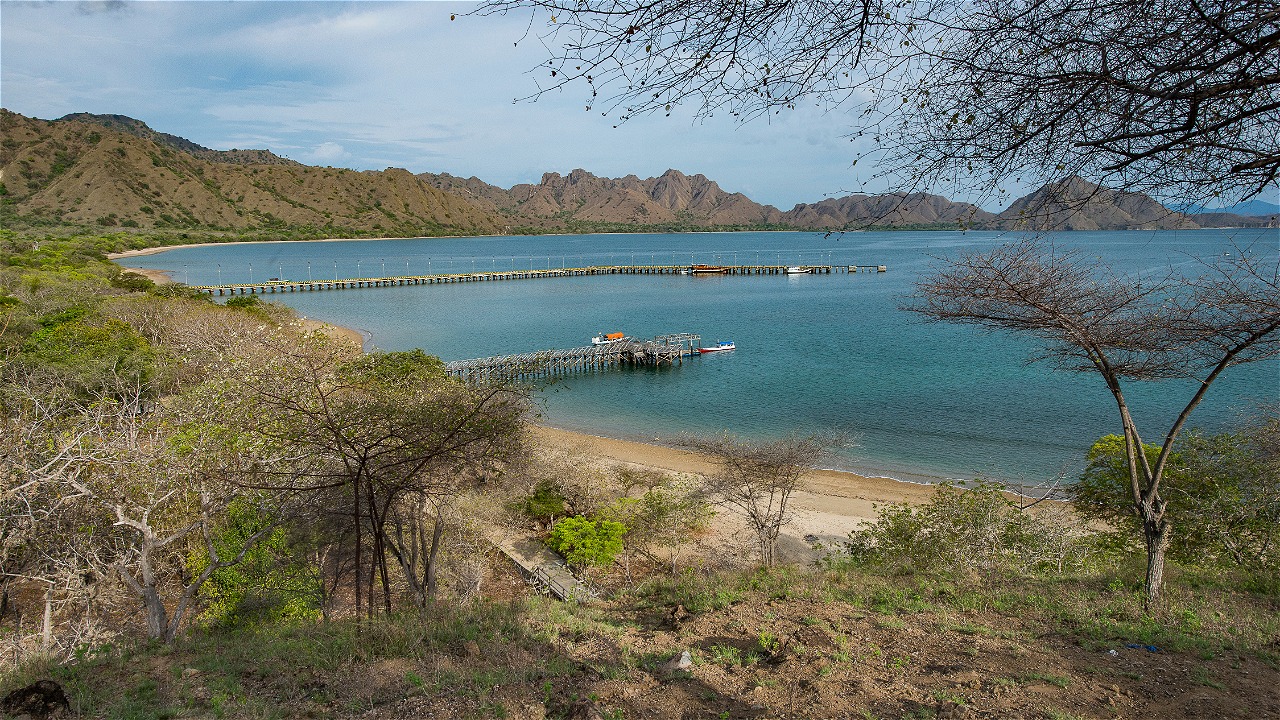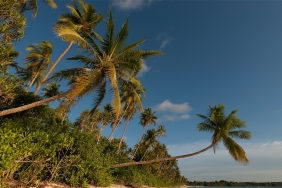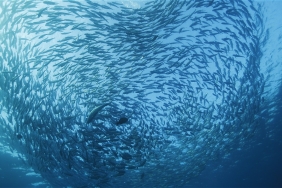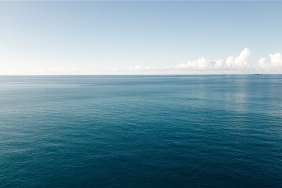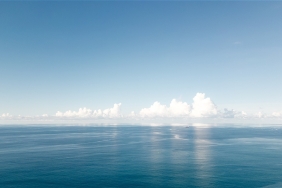WWF SUPPORTS RESPONSIBLE TOURISM DEVELOPMENT IN WEST MANGGARAI
Jakarta - Indonesian tourism, including marine tourism, is growing rapidly and is becoming a major destination for domestic and foreign tourists. Like two sides of a coin, this is both an economic opportunity and an ecological challenge. Responsible Tourism is an approach to tourism management to minimize the environmental impact of activities in this sector in order to preserve natural resources.
In encouraging the implementation of responsible tourism, WWF-Indonesia provided assistance in the form of household waste processing equipment to the Kelola Sampah Business Unit - Komodo Multipurpose Cooperative as a manifestation of the agency's Supporter donation. The donation in the form of a transport motorcycle, shredder, waste press, and plastic sewing machine was made by WWF-Indonesia CEO Dr. Efransjah who was received by the Regent of West Manggarai Agustinus Ch Dulla - and then handed over to the Chairman of the Kelola Sampah Business Unit, Adrianus Daru during the "Inauguration of the Komodo Waste Cooperative" which took place in Batu Cermin Village, Labuan Bajo, last Tuesday (7/4).
"Komodo National Park is one of the most recognized tourism destinations in the world. One of the consequences is the increasing ecological footprint, in this case waste, most of which is plastic, which has a potential impact on environmental sustainability in the Komodo National Park area and the quality of life of the community at large. WWF also supports the initiative of the Kelola Sampah Business Unit as a 'learning center' so that community members can learn from each other to reduce waste, take economic value, recycle waste to a better value, and invite other parties to participate in this process, "said Dr. Efransjah.
The waste processing equipment distributed aims to create tourist attraction through creative products of economic value produced from waste recycling. The increasing volume of waste due to tourism activities in the region can have an impact on clean water and marine pollution. Not only polluting the environment, household waste that is not handled will reduce the attractiveness of natural tourism which is one of the cornerstones of community economic activity. Data from the Ministry of Tourism shows that foreign tourist visits to Komodo National Park in East Nusa Tenggara Province increased by 9.42% in 2013 (45,776 foreign tourists) compared to 2011 (41,833 foreign tourists).
"Waste management has many challenges and requires the support of many parties. Labuan Bajo is a popular area in the eyes of the world, so it requires special attention in the arrangement of its territory. I appreciate WWF-Indonesia for paying attention to the ecological footprint aspect, especially with steps to invite the people of West Manggarai to care about better management of natural resources and the environment so that the tourism sector is better preserved and remains a world concern. The Waste Management Business Unit is also a solution to the limitations of landfills that are not sufficiently available in West Manggarai, "said Agustinus Ch Dulla.
Tourism activities that are not managed responsibly can have an impact on environmental quality. WWF-Indonesia encourages the tourism industry to start adopting responsible tourism practices. In addition to the activities that took place yesterday, WWF-Indonesia initiated the Tourism Energy Efficiency Investment Program (TEEIP), which invites the hotel industry in Bali Province to participate in energy saving efforts in running their business. The program, which lasted for 2 years, was implemented by involving several partners, namely the Ministry of Tourism; Indonesian Chamber of Commerce and Industry (KADIN); and the hospitality industry.
For more information, please contact:
Nenden N. Fathiastuti, Public Relations Manager, WWF-Indonesia
Email: nfathiastuti@wwf.or.id, Hp: +62 811 1909 148
Noverica Widjojo, Media Relations Officer, WWF-Indonesia
Email: nwidjojo@wwf.or.id, Phone: +62 812 1958 1985
Note to Editor:
- High-resolution photos of the ceremonial handover of household waste processing equipment to the Kelola Sampah Business Unit - Koperasi Serba Usaha Komodo can be accessed via the link http://bit.ly/1FlMick, and used with copyright © WWF-Indonesia.
- The Kelola Sampah Komodo Business Unit is part of the Serba Usaha Cooperative formed in November 2014 by 11 community representatives in Labuan Bajo. This waste unit is engaged in buying and selling, recycling, and household waste management education to the community.
- The Waste Management Business Unit is part of the Multipurpose Cooperative formed in November 2014 by 11 community representatives in Labuan Bajo.
- Tourism Energy Efficiency Investment Program (TEEIP) is a program initiated by WWF-Indonesia with the support of collaborative funding from the Renewable Energy and Energy Efficiency Program (REEEP) and the Coral Triangle Global Initiative (CTGI). The program aims to develop and implement low-carbon sustainable tourism development that is environmentally sound, implements energy efficiency and encourages the use of renewable energy. Complete information regarding the TEEIP program can be accessed through the link http://bit.ly/wwfidteeip2015.
.

